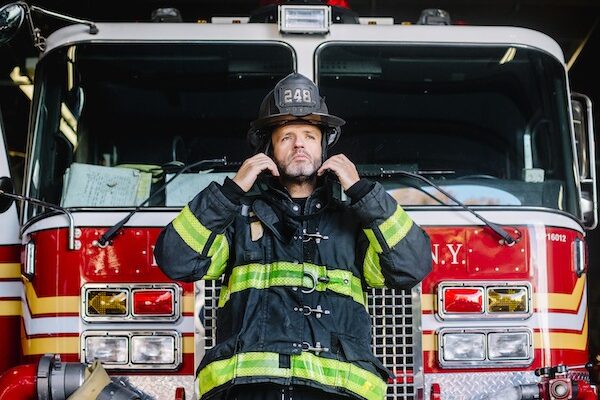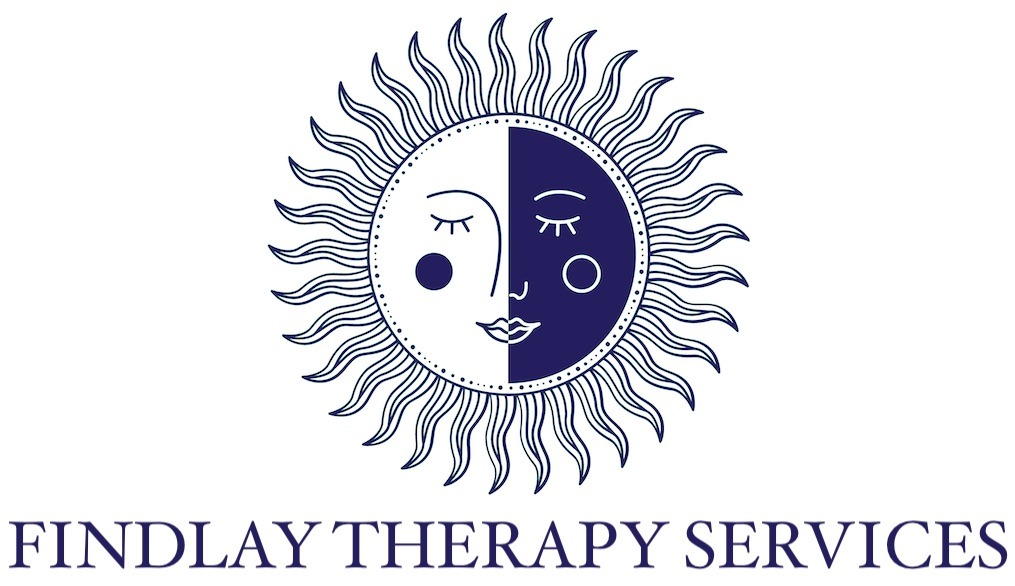
First Responder Counseling
Findlay Therapy Services now offers First Responder Counseling. As a First Responder, you are the initial person to arrive at a situation where people need your help. You are trained to respond with care and speed. You are knowledgeable in your area of expertise, and you are good at what you do. You know that it’s an honor to serve your community.
You wear your [police/fire/EMT/military] uniform with integrity. But does it cover up the fear, overwhelm, and anguish that you experience after witnessing the unthinkable?
You’re called in during a crisis and the pressure is on. People’s lives and safety rest heavily on your shoulders. The environments you pull up to can be chaotic and a frenzy with people panicking, yelling at you to help. You have to keep your head on straight and follow your protocol and leadership. When frightening circumstances are in front of you (people bleeding, crying, hurt, wounded, burned, and needing you), it’s completely understandable for you to become overwhelmed. Your job is not simple or easy. It can be distressing, exhausting, and even traumatic.
Trauma happens when your nervous system cannot successfully process what’s happening. It could be that your brain kicks in survival mode to get you through the job, and you don’t get to acknowledge your true thoughts and feelings. You’re in go-mode, moving fast, and worrying about others before yourself. Then the images of what you’ve observed, the disturbing sounds you’ve heard, and the terror you’ve felt all sticks with you even after the obvious danger is gone.
Your experiences as a first responder are unique to you and your comrades. Civilians can’t fully understand what you go through in training or every day in the line of duty. Because you’re surrounded by more intense situations than “normal” people, you are more likely to struggle with depression, PTSD, substance abuse, and suicidal ideation. But you don’t have to suffer alone.
I was in the US Army Reserve for 6 years. I was never in any life-threatening danger but I understand pressure, responsibility, integrity, camaraderie, hard core training, and being called to service. I know how hard it can be to reach out for help. There is still this belief that you’re supposed to be tough and just handle everything on your own. It takes courage to say, “I’m struggling.” I think you’re brave enough to do just that and finally put yourself first. Taking care of your mental health isn’t selfish – it’s self-care. You deserve to find relief from the emotional pain or tension you’ve endured both at work and in your personal life. Our First Responder Counseling can help.
You need the fight or flight mode when you’re in the middle of the action. However, it can feel almost impossible to leave that work mode and return to “normal” at the end of a shift. It’s important to create some work and home life balance. All of your relationships require time and attention, but it can be challenging to find the energy sometimes. You may be ready to build healthier habits not just with others but with yourself as well. Perhaps you’d like to improve your sleep hygiene, be able to relax, and practice healthier coping skills for stress and grief. You do good work in taking care of others, but when and how do you take care of yourself?
Sometimes just talking about your experience can be helpful and other times deeper therapy is beneficial such as Eye Movement Desensitization and Reprocessing (EMDR). Contact me to learn how we can address your mental health issues so you can perform your job superiorly, maintain a satisfying personal life, and feel better overall. You were built to overcome adversity, and you will heal from this, too. Contact us today about our First Responder Counseling.



